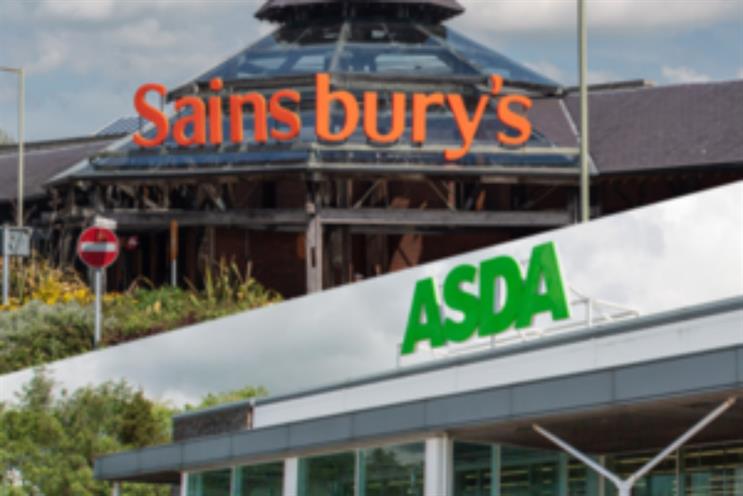
The Competition & Markets Authority has formally blocked the proposed £13bn merger of Sainsbury’s and Asda after finding it would lead to increased prices.
Following an investigation, the regulator found that supermarket shoppers and petrol station customers would be worse off due to a lack of competition at both a national and local level.
The deal's collapse rules out the prospect of Sainsbury's and Asda's media planning and buying accounts being consolidated into a £200m mega-business. PHD benefited from such a move after Sainsbury's acquisition of Argos, winning the £115m combined account in 2017, while Blue 449 landed the £95m Asda business in 2016.
The CMA had warned that it was minded to block the proposed merger in February unless the two brands sold off a significant number of stores and other assets. The two companies had offered to sell 125-150 stores, but this was ruled inadequate by the CMA.
Sainsbury’s and Asda, meanwhile, have argued that the merger would lead to lower prices because of cost savings and that the CMA’s findings had shown a misunderstanding for how people shop today.
Mike Coupe, chief executive of Sainsbury’s, said: "The specific reason for wanting to merge was to lower prices for customers. The CMA's conclusion that we would increase prices post-merger ignores the dynamic and highly competitive nature of the UK grocery market.
"The CMA is today effectively taking £1bn out of customers' pockets."
Meanwhile, Judith McKenna, chief executive of Asda owner Walmart, said the business would now focus on positioning Asda as a strong UK retailer.
The proposed merger, first announced a year ago, could have created the largest supermarket business in the UK, with potentially more market share than Tesco.




.jpg)
.jpeg)
